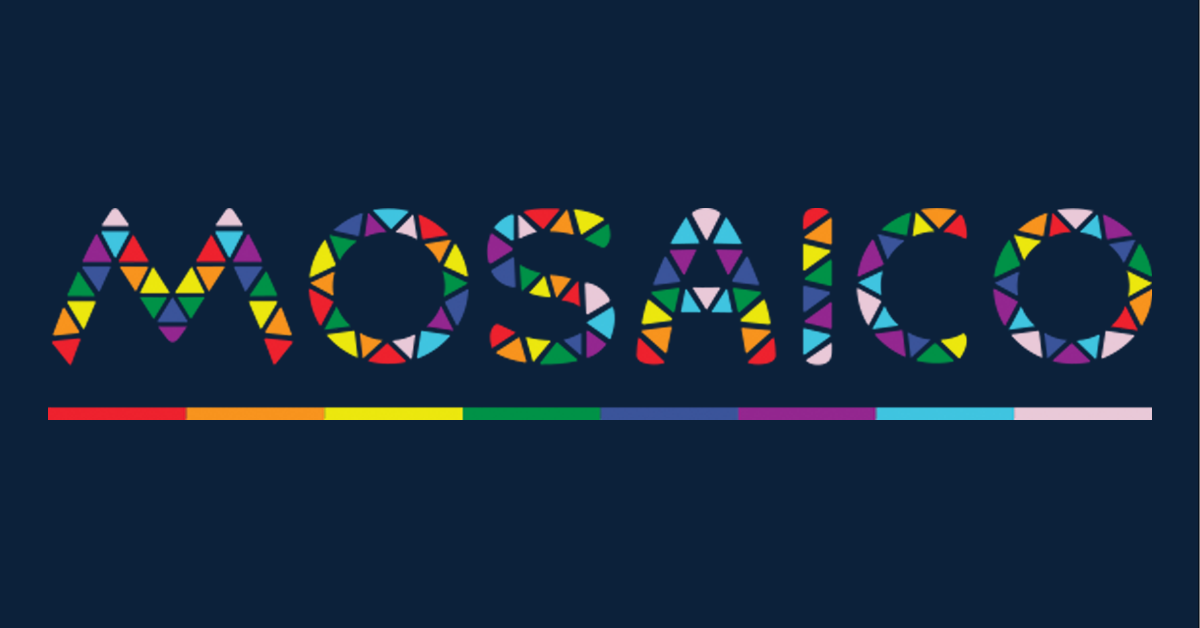Janssen Pharmaceutical Companies of Johnson & Johnson, together with a consortium of global partners, have announced that an independent data review of the Phase 3 Mosaico study of Janssen’s investigational HIV vaccine regimen was not effective in preventing HIV infection among the study participants. The study will be discontinued and further analysis of the data will be conducted. They revealed no safety issues with the vaccine regimen were identified during the trial.
The consortium of global partners announced the results of an independent data review of the Phase 3 Mosaico study, also known as HPX3002/HVTN706, of the company’s investigational HIV vaccine regimen. The study’s independent Data and Safety Monitoring Board (DSMB) determined that the regimen was not effective in preventing HIV infection compared to placebo among study participants. No safety issues with the vaccine regimen were identified.
“We are disappointed with this outcome and stand in solidarity with the people and communities vulnerable to and affected by HIV,” said Penny Heaton, MD, Global Therapeutic Area Head, Vaccines, Janssen Research & Development. “Though there have been significant advances in prevention since the beginning of the global epidemic, 1.5 million people acquired HIV in 2021 alone, underscoring the high unmet need for new options and why we have long worked to tackle this global health challenge. We remain steadfast in our commitment to advancing innovation in HIV, and we hope the data from Mosaico will provide insights for future efforts to develop a safe and effective vaccine. We are grateful to our Mosaico partners and the study investigators, staff and participants.”

In light of the DSMB’s determination, the Mosaico clinical trial will be discontinued. Study investigators are in the process of notifying participants and conducting further analyses of the data. Throughout the trial, study investigators have ensured that any individuals who contracted HIV received prompt HIV treatment and care.
The long search for an effective HIV vaccine
The search for an HIV vaccine has been ongoing for several decades. Since the first cases of AIDS were reported in the early 1980s, scientists have been working to develop a vaccine to prevent HIV infection. However, the development of an HIV vaccine has proven to be a complex and challenging task. Unlike many other viruses, HIV has multiple strains and mutates quickly, making it difficult to create a vaccine that can protect against all strains of the virus.
Over the years, several vaccine candidates have been tested in clinical trials, but none have been found to be completely effective. Some have shown promise in early stages of testing but have not been successful in larger efficacy trials. In recent years, new strategies such as combination prevention approaches, which combine vaccines with other prevention methods, have been explored in hopes of increasing the chances of success.
Despite the challenges, research into an HIV vaccine continues, with several ongoing clinical trials globally, experts believe the development of an HIV vaccine would have a significant impact on global public health and could help to curb the spread of the virus.
As Anthony Fauci, former director of the National Institute of Allergy and Infectious Diseases, said, “An HIV vaccine would be the final nail in the coffin for HIV. It would be a huge step towards ending the AIDS epidemic.” Michel Sidibé, former Executive Director of UNAIDS, emphasizes the importance of a vaccine in ending the pandemic by saying “A vaccine is the best way to end the HIV pandemic and bring the world one step closer to an AIDS-free generation.”
Despite the setback of the latest HIV vaccine candidate, Glenda Gray, President and CEO of the South African Medical Research Council, recognizes the opportunity for progress by saying “The development of an HIV vaccine represents one of the greatest challenges in modern medicine, but also one of the greatest opportunities to save millions of lives.”